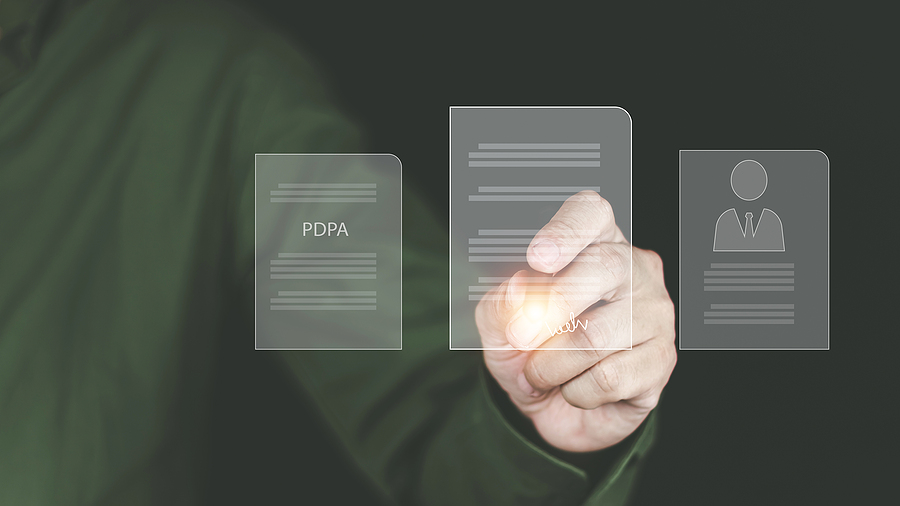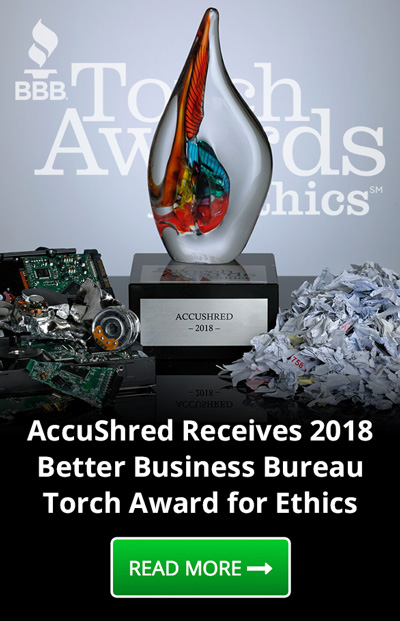Keep or Shred? How to Handle Sensitive Documents
The world is becoming increasingly paperless, and that means that we can proceed into the new year with cleaned out and decluttered filing cabinets. When you are ready to purge your paperwork, you may have questions about what to keep, what to toss, and what needs to be shredded.
Documents to Keep for Now
Some documents are necessary to keep for a while. You should keep your home and mortgage documents for as long as you own your home, and your car loan and vehicle titles for as long as you own the cars. Insurance policies should be kept safely for as long as the policies are valid, and appliance manuals and warranties should be kept while you still own the machines. You should keep your tax returns for three years following the date you filed. When you keep these documents, make sure they are well organized and labeled so you can always find what you need when you need it.
Documents to Keep Forever
While there is some paperwork that needs to be kept for a time, there are other documents that you need to keep for your entire life. Birth and death certificates, social security cards, marriage licenses, living wills, final wills, and legal documents such as a power of attorney all need to be safely stored forever. A filing cabinet, even with a lock, isn’t the most secure way to store these documents. Consider a small home safe or a lockbox to make sure that your most important paperwork is secure, even in a fire. Secure storage means that your documents are protected against theft and damage, and will always be there when you need them.
Documents to Get Rid Of
There is plenty of paperwork that might feel important, but is really just cluttering up your file cabinet and putting you at risk. Printed bank statements, canceled checks, pay stubs, and credit card statements can be disposed of, knowing that you have electronic backups if you need them. Tax returns that are older than three years are safe to shred. Anything with account numbers, birthdates, passwords, signatures, and social security numbers needs to be shredded and securely disposed of.
Make Sure You are Shredding Securely
When you are ready to declutter your personal or business documents, you need to make sure you are shredding them securely. Just throwing these documents in the trash, even if you tear them up, can put you at great risk. Even if you don’t think someone could get a lot of information from an old airline ticket or ATM receipt, you’d be surprised how unassuming things like this can put your identity in danger. You need to shred everything to make sure you are secure. Many home shredders that you can buy from an office supply store aren’t able to shred effectively enough, so you may want to consider reaching out to a professional service for a purge day to ensure your documents are truly destroyed.
If you need to hold onto it, make sure it’s stored safely and securely. If it’s ready to be decluttered, shredding is the only way to make sure your personal information is safeguarded. If you are unsure whether or not a document is safe to just throw in the trash, play it safe and shred it. When it comes to protecting your identity, it’s always better to be safe than sorry. We know you have a lot of questions about keeping your data safe, and we are here to help. For more information about our secure, reliable shredding services, contact AccuShred today.









